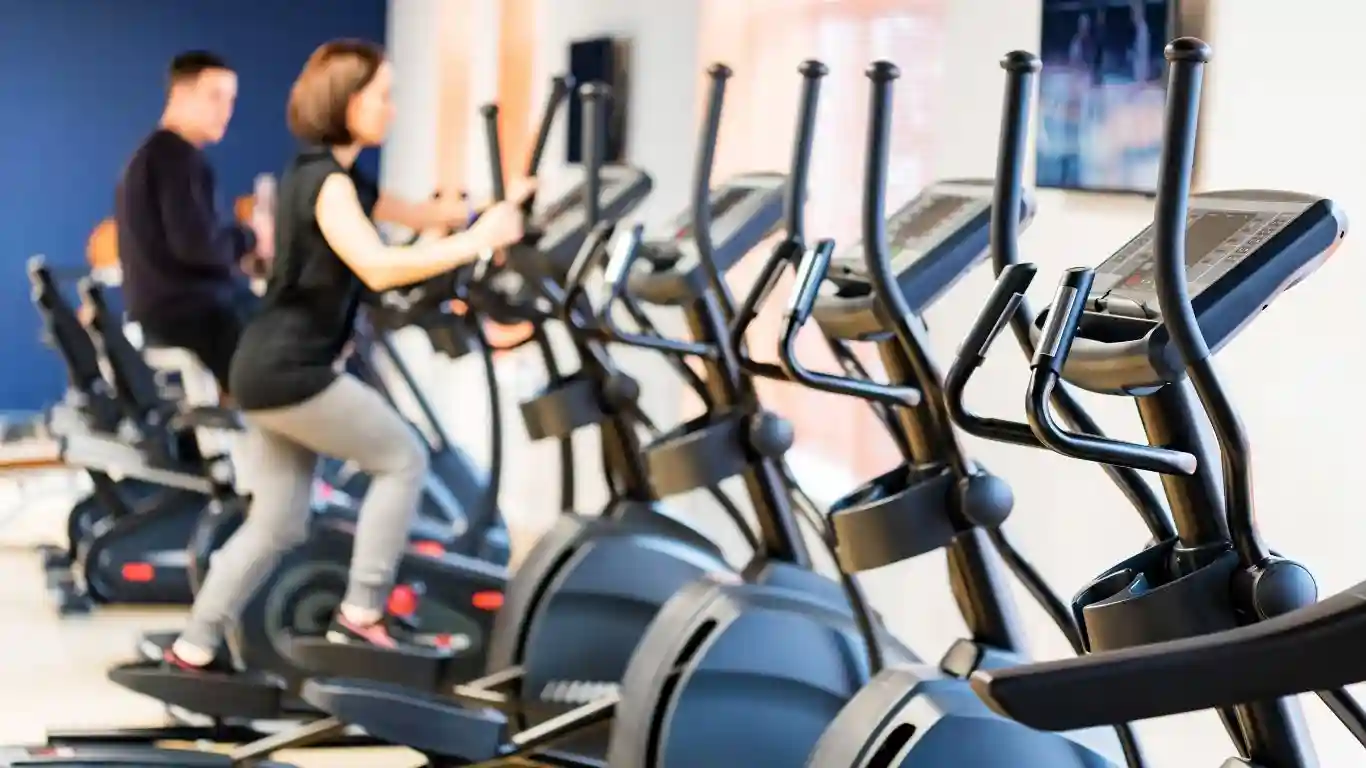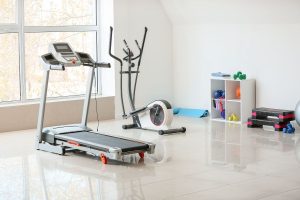
Elliptical training is a full-body cardiovascular workout that promotes health and well-being. Just like any other training regimen, nutrition plays a pivotal role in optimizing the effectiveness of elliptical machine workouts. This article delves into the nuances of aligning your diet with your elliptical machine routine to fuel your body and enhance your performance.
Table of Contents
Understanding the Interplay between Nutrition and Elliptical Training
The elliptical machine is a low-impact, high-intensity training device known to provide a wide array of health benefits. Coupling this with a properly tailored nutrition plan can amplify the effects, promoting faster recovery, improved endurance, and enhanced body composition.
The nature of elliptical workouts demands a sustained energy supply. Your body derives this energy from the food you eat. When you consume a balanced diet, your body breaks down nutrients, supplying the energy needed to power through workouts.
Understanding this dynamic interplay between diet and workout is crucial. It allows you to design a nutritional strategy that compliments your elliptical training, accelerating progress toward your fitness goals.
Pre-Workout Nutrition and its Influence on Elliptical Training
A crucial component of your nutritional plan is pre-workout nutrition. The food you eat before stepping on the elliptical machine can significantly influence your training session.
Consuming a nutrient-dense meal 2-3 hours before your workout provides your body with the energy it needs to perform optimally. This meal should be rich in complex carbohydrates for sustained energy release, lean proteins to prepare your muscles for exercise, and healthy fats to provide slow-burning fuel.
Similar to what lifters consume as pre-workout, excellent pre-workout meals are whole grain toast with almond butter, a bowl of oatmeal with berries and nuts, or a smoothie made with Greek yogurt, banana, and chia seeds. These meals combine the right nutrients in the right proportions, setting you up for a successful workout. Feel free to read this guide on What Lifters Want in a Pre-Workout Stack: Barbend’s Insights, which is also applicable to training on an Elliptical training.
It’s crucial to consider the timing of your pre-workout meal. Consuming food too close to your workout can result in discomfort, while eating too far in advance may leave you lacking energy.
Incorporating Comprehensive Nutrition Strategies with Your Elliptical Training
To truly optimize your diet for elliptical training, consider a comprehensive nutritional strategy that includes pre-workout, intra-workout, and post-workout nutrition.
Intra-workout nutrition involves consuming small amounts of fast-digesting carbohydrates during long workout sessions to maintain energy levels. It’s especially important for intense elliptical workouts that last for more than an hour.
Post-workout nutrition, on the other hand, focuses on replenishing the energy reserves depleted during the workout and providing the nutrients necessary for muscle recovery. Consuming a balance of protein and carbohydrates within 30 minutes to an hour post-workout can help optimize recovery and muscle growth.
Protein shakes, fruit, yogurt, or a meal consisting of lean protein, vegetables, and whole grains are great post-workout options.
Nutritional Hydration and Elliptical Training
Hydration should not be overlooked when discussing the interaction of nutrition and elliptical training. It’s a vital element of health and performance. Staying properly hydrated aids in maintaining the body’s temperature, lubricating joints, and transporting nutrients to give you energy for your workouts.
Dehydration can significantly impede performance and hinder your body’s recovery processes. It’s advised to drink water consistently throughout the day, but more importantly, before, during, and after your workouts. An additional option during intense or long workout sessions is a sports drink containing electrolytes, which aids in replacing what is lost in sweat.
The Role of Micronutrients in Elliptical Training
Micronutrients, which consist of vitamins and minerals, have vital functions in various bodily processes such as energy production, synthesis of hemoglobin, maintenance of bone health, supporting immune function, and safeguarding the body against oxidative damage. These micronutrients play essential roles in nearly every physiological process, making them crucial for maximizing the benefits of your elliptical workouts.
Make sure to include a variety of fruits, vegetables, whole grains, lean proteins, and healthy fats in your diet to ensure a sufficient intake of these vital nutrients. Certain micronutrients like iron, calcium, vitamin D, and B vitamins are particularly important for those engaging in regular exercise.
Dietary Adjustments for Different Training Goals
The nutritional needs for elliptical training can vary depending on the individual’s fitness goals. For those aiming to lose weight, creating a calorie deficit while ensuring adequate nutrient intake is important. It can be achieved by controlling portion sizes, focusing on nutrient-dense foods, and avoiding high-calorie, low-nutrient foods.
On the contrary, for those aiming to gain muscle mass or improve athletic performance, a calorie surplus or specific macronutrient distribution may be required. High-quality protein sources, complex carbohydrates, and healthy fats are essential components of such diets. Always consider your specific fitness goals when developing a nutritional plan to complement your elliptical workouts.
The Impact of Proper Nutrition on Long-Term Sustainability of Elliptical Training
Adopting a nutrition plan that complements your elliptical training isn’t just about enhancing your performance or speeding up recovery; it’s also about sustainability. The right diet can make your training more enjoyable and manageable in the long run.
Proper nutrition prevents energy crashes that could discourage you from working out. It also aids in maintaining good overall health, which can keep you in the right shape to continue your training. Plus, understanding how to nourish your body properly can foster a healthier relationship with food, making it easier to stick to your dietary plan.
Remember, consistency in both diet and exercise is the key to long-term success in achieving and maintaining your fitness goals.
Conclusion
Aligning your nutrition with your elliptical training is not merely about improving your performance and speeding up recovery. It’s also about sustainability and maintaining a healthy, balanced relationship with food. From hydration and micronutrients to goal-specific nutrition and long-term sustainability, there are many facets to consider in crafting a diet plan that complements your elliptical workouts.
Remember, the optimal diet can make your elliptical training more enjoyable, manageable, and beneficial in the long run. Hence, take the time to plan and nourish your body adequately. Your body will thank you.





